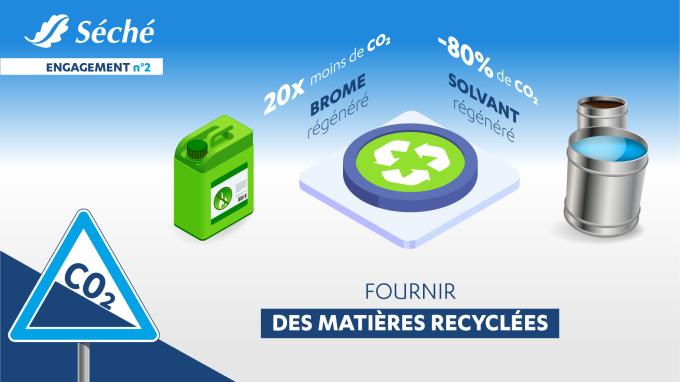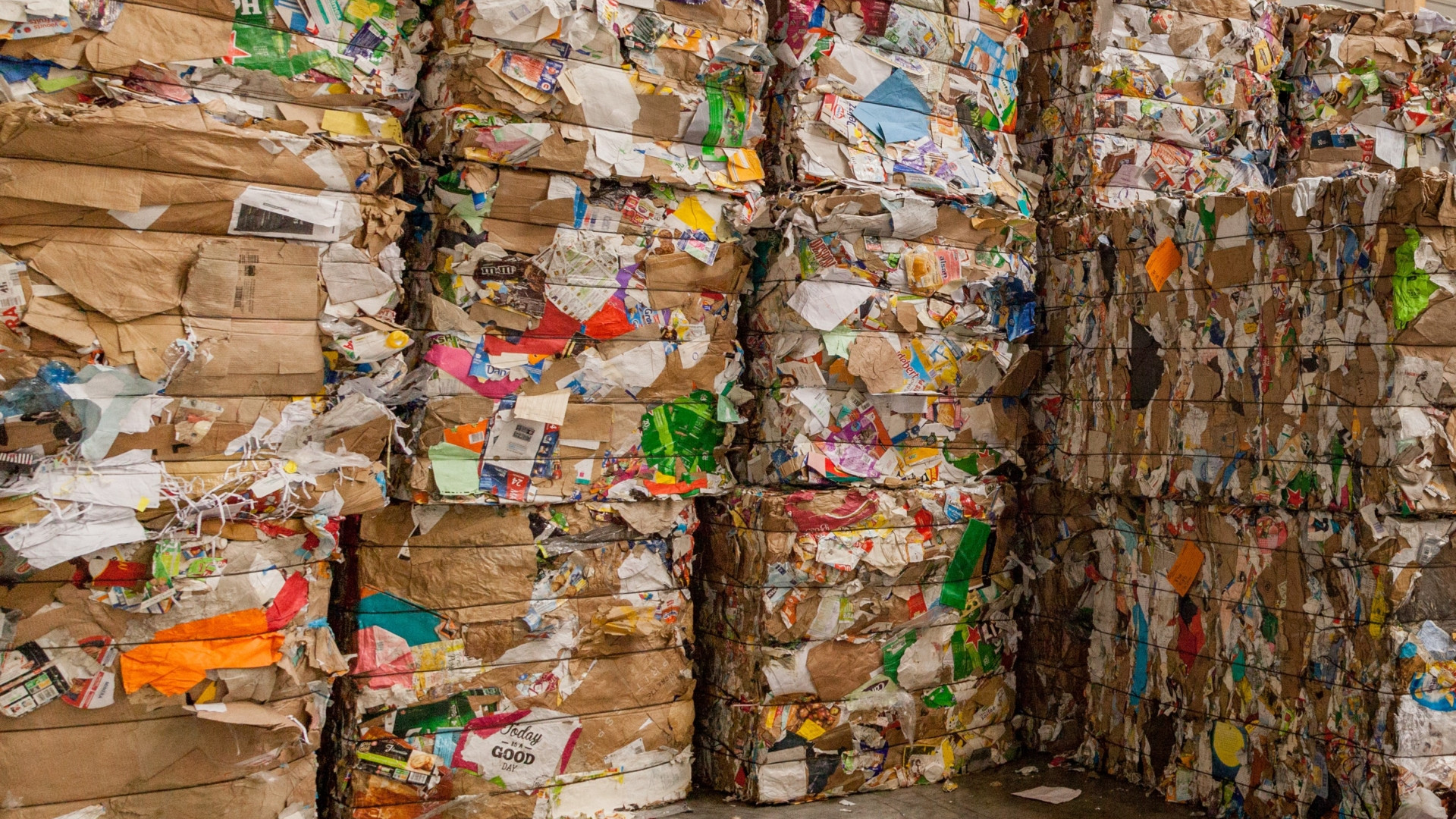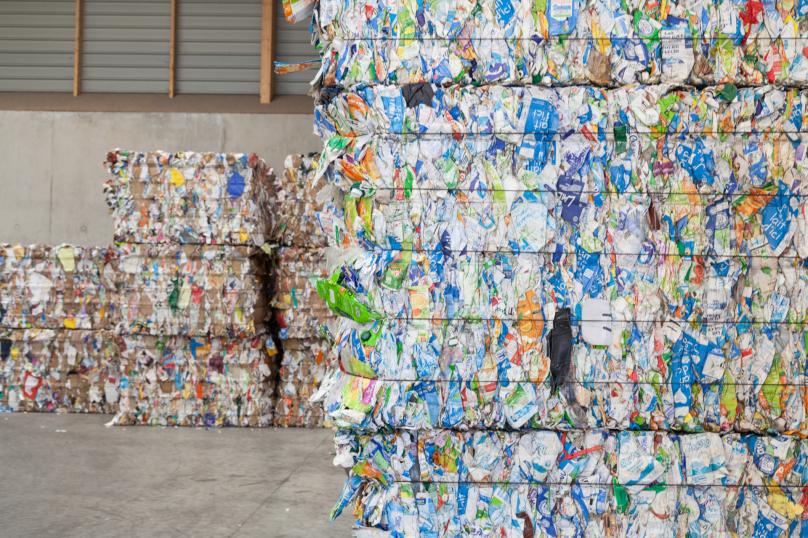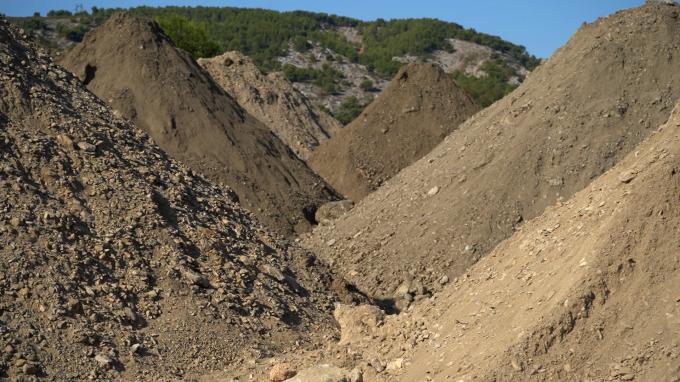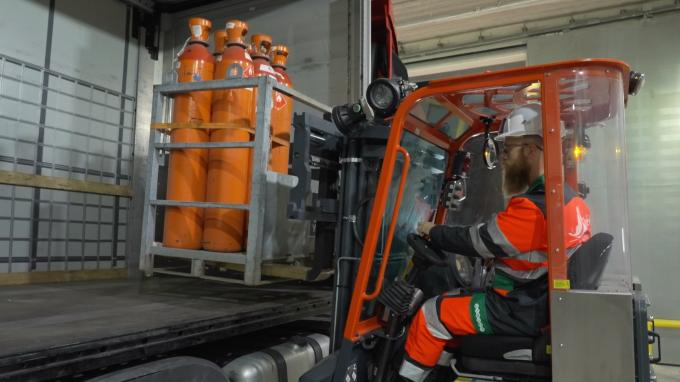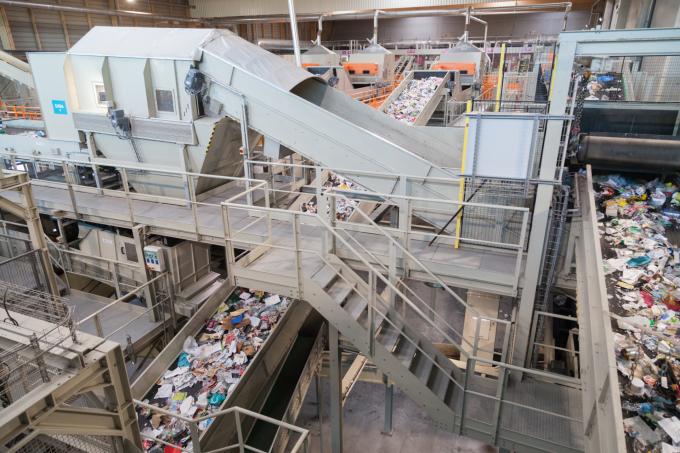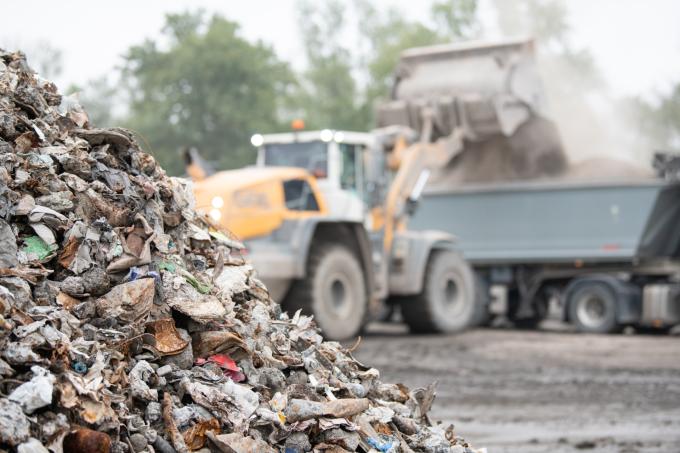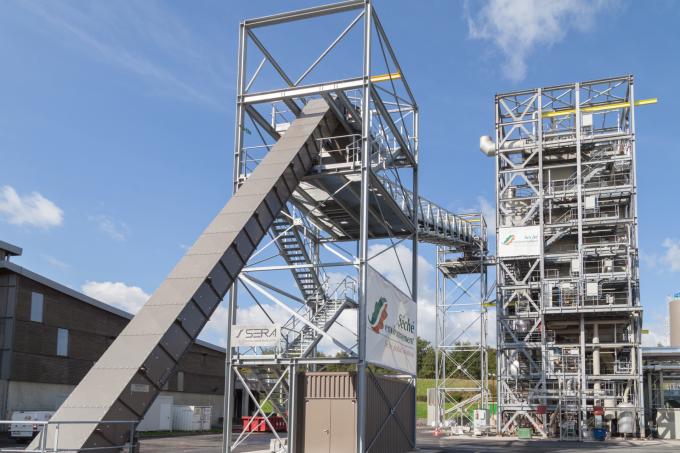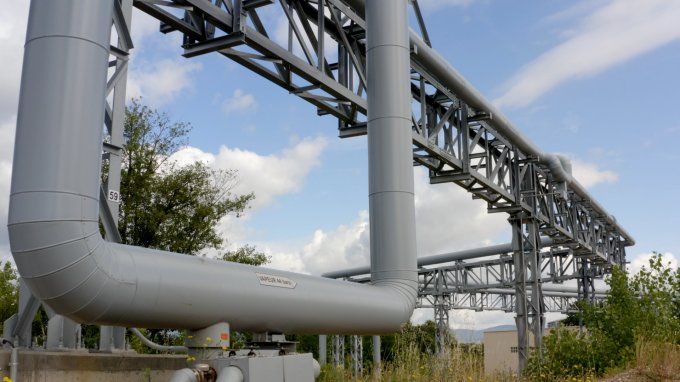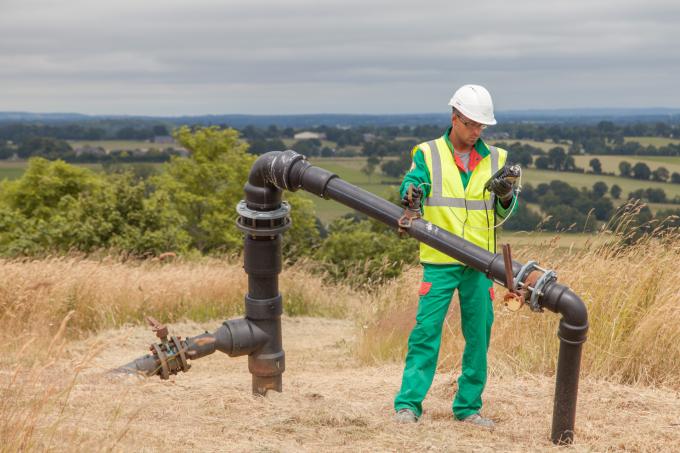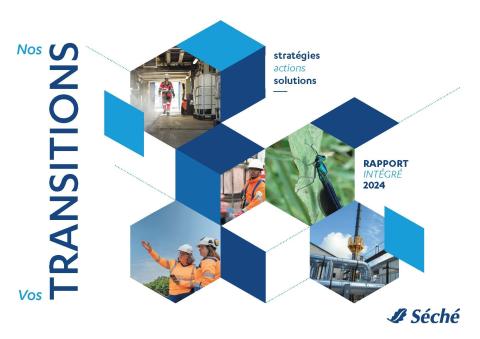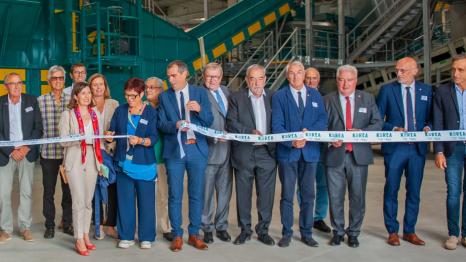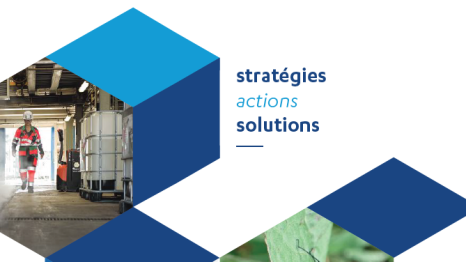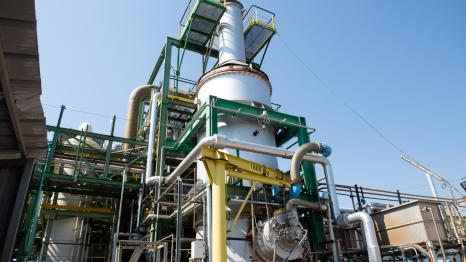Regenerating chemicals
We regenerate exhausted solvents
We apply innovative purification and distillation processes to produce recycled solvents that display the same characteristics as virgin solvents from fossil fuels. This enables us to preserve geostrategic resources, avoid destroying industrial waste and supply a locally produced product to the many industries that require these chemicals.
Learn more about our solutions to regenerate exhausted solvents
We regenerate bromine
Bromine is used in a variety of sectors, including the pharmaceutical, cosmetics, and chemical industries. Our innovative technology enables us to extract nearly 99% of the bromine present in certain hazardous waste that first needs to be eliminated. Our regenerated bromine substitutes the need to extract bromine from the Dead Sea, which can be complex, costly and dangerous for the environment. Our alternative helps to relocalize the industry and cut our dependency on a distant geostrategic resource.
We regenerate exhausted solvents
We apply innovative purification and distillation processes to produce recycled solvents that display the same characteristics as virgin solvents from fossil fuels. This enables us to preserve geostrategic resources, avoid destroying industrial waste and supply a locally produced product to the many industries that require these chemicals.
Learn more about our solutions to regenerate exhausted solvents
We regenerate bromine
Bromine is used in a variety of sectors, including the pharmaceutical, cosmetics, and chemical industries. Our innovative technology enables us to extract nearly 99% of the bromine present in certain hazardous waste that first needs to be eliminated. Our regenerated bromine substitutes the need to extract bromine from the Dead Sea, which can be complex, costly and dangerous for the environment. Our alternative helps to relocalize the industry and cut our dependency on a distant geostrategic resource.
